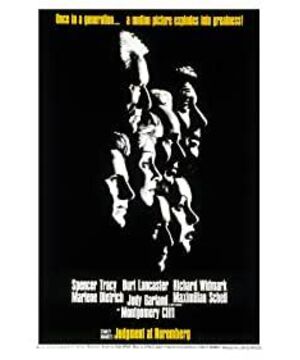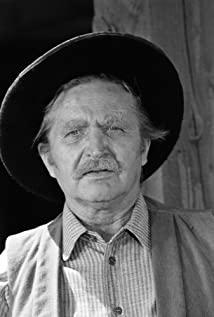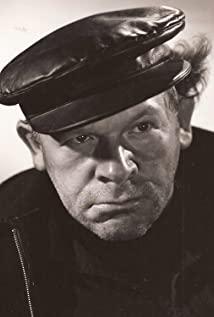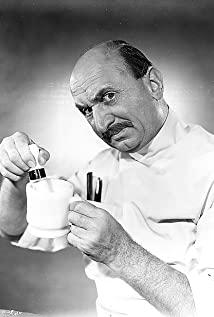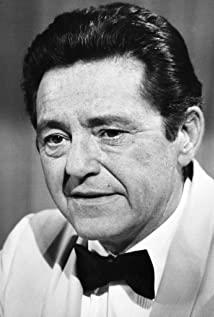The Nuremberg trial shown in this film is a trial of the law itself based on human nature under the dominance of a victorious country, to torture the sterilization law implemented under the leadership of the Nazi dictator, whether the law of racial discrimination itself is illegal, and Germany enforces it. Is the high-level of these laws a crime again?
Judging the law with human nature, this kind of scene is full of the subtleties of its situation, winners and losers, trials carried out in the absence of international uniform standards, the dominant power is the victory of the country and the winner, whoever wins Have the right to decide.
The trial is based on whether the defeated party’s actions are evil or illegal. What this film shows is not a trial of a person, but a judgement of the law enforcers in Germany under the background of the Nazis. The field trial itself is a microcosm of the entire German trial.
From the perspective of human nature, we look at the racial discrimination law. The sterilization law, which serves politics, is indeed anti-human. Here we can think in the opposite direction. From the perspective of human nature, in the war, did the victorious side’s actions all conform to human nature? I don’t think so. However, as a conqueror, it is unrealistic to let them sit on the seat and they will not be discussed here. Only discuss what the German Nazis did.
Regardless of whether it is viewed from the local area or retrospectively based on the current situation, the racial purification carried out by the Nazis at that time was annihilating humanity.
But the point of contention in the film is not on this point, but whether they know whether the laws they enforce are wrong laws that serve the political unity of the Nazi dictator; and whether German judges should have enforced them. The wrong law is responsible.
The two-way lawyers in the film also fought fiercely. Finally, Janine stood up and pleaded guilty, showing that the judges actually made it clear that the law they implemented was a tool under the rule of the Nazis, and they chose Submission, not resistance, nor withdrawal like one's own teacher.
This trial is based on the human nature of the law. From this perspective, Jian Ning and the others confirmed that they are guilty. They did not choose the justice in their hearts, and bowed their heads to politics. As the chief judge said, "When you sentence first You should understand this when an individual is sentenced to death." It's not that they don't know, but they don't want to think about it in the process of enforcing the law, and deliberately avoid making choices.
Jianning himself is a tragic character. From his works, we can see that he is fair and willing to establish a good legal system. It is true that he is guilty, but under such huge political pressure, he chose to obey to stay in the legal system and continue to preside over the justice of this distorted law. He insisted on law enforcement at a small level, but at a large level he obeyed the lawless laws enacted by the Nazis. Put any one of us in his situation, the choices we make may not be better than him. So Jianing is a tragic character, but a person with a conscience. Of the four judges on trial, the other three chose to defend themselves, but only Jian Ning chose to remain silent, because the others understood that the law he enforced was inhumane. But when he met a fan-level lawyer with meticulous language and a sharp-spoken lawyer, he took the initiative to defend him, and only then did he see the fierce conflict between human nature and the law of the two sides seen later in the film.
The trial was delayed for 10 months. At that time, the United States was actively seeking supporters against communism. Germany’s support was a very important part. The country’s convenience put great pressure on the chief judge Herut, and I hope he can take it lightly. Deal with the German judges on trial in order to gain support from the upper class in Germany. At this moment, the chief judge is facing the difficult choice faced by Jian Ning, whether to choose professional ethics or serve political pressure. In the end, Gerud chose to stick to the professional ethics of his inner identity. It was even appreciated by Jian Ning.
View more about Judgment at Nuremberg reviews


